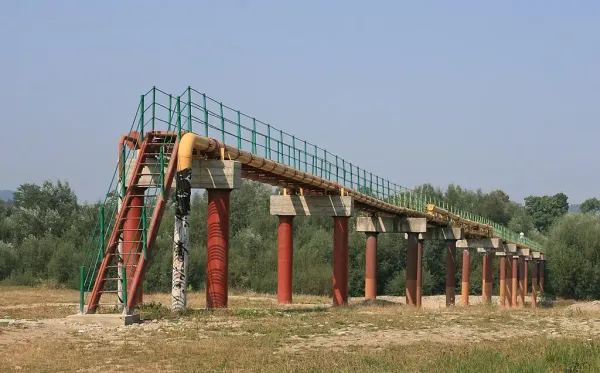
The Druzhba–Adria cost equation
A closer look at the economic realities behind a potential switch from Druzhba to Adria — and whether it truly makes financial sense.
A collection of 55 posts

A closer look at the economic realities behind a potential switch from Druzhba to Adria — and whether it truly makes financial sense.
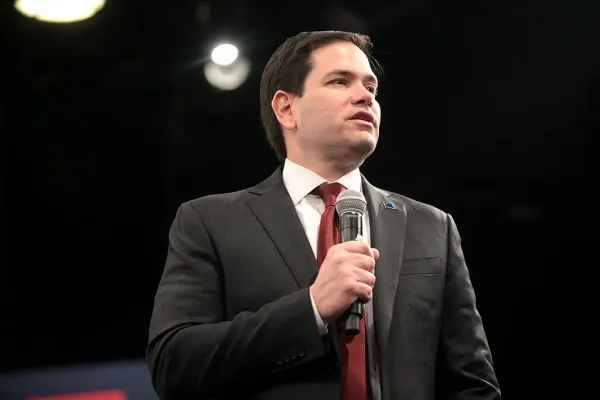
Following the U.S. Secretary of State’s partial regional tour, at least as many questions remain as the trip itself answered
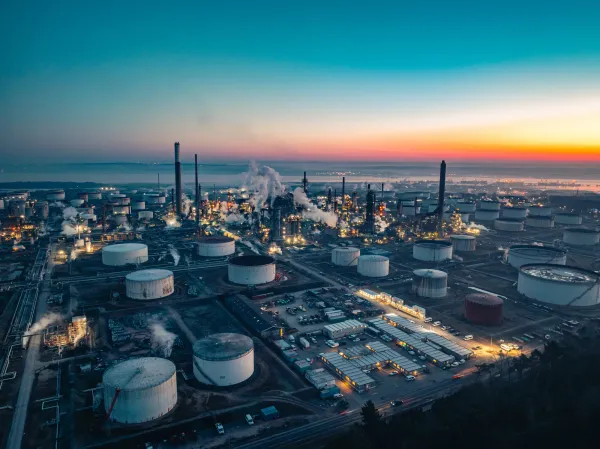
In the second part of our energy overview, we present the Slovak energy system and its challenges
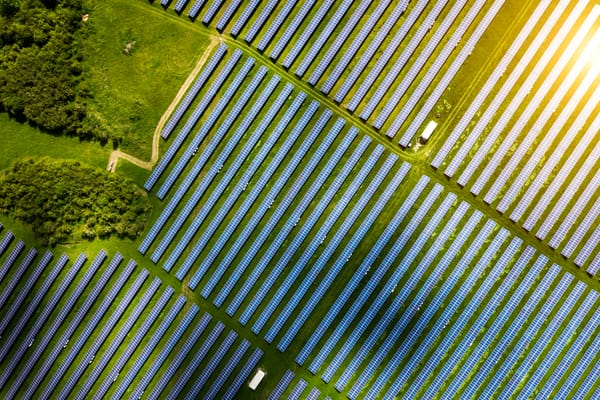
Hungary has chosen a unique path in designing its energy system, both in European and regional comparisons.
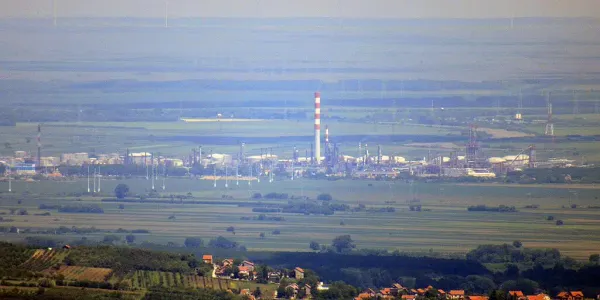
Hungary’s MOL nears a majority stake in Serbia’s NIS, bringing the Pančevo refinery and NIS assets under its control once U.S. sanctions lift.
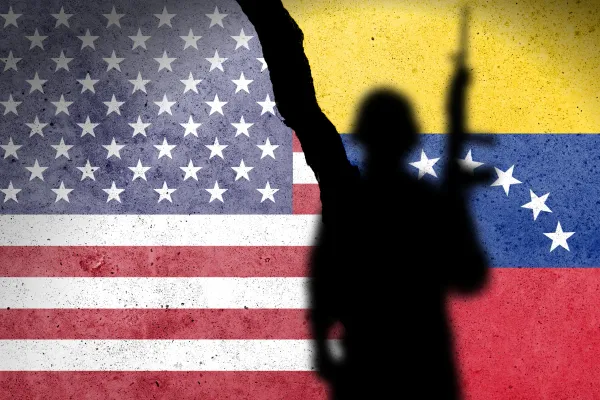
The aftermath of Trump’s Venezuela move remains unclear, but CEE states are likely to be impacted indirectly by oil prices and EU sanctions.

Serbia failed to remove Russian capital from NIS despite extensions; leaving its refinery unlicensed and oil reserves secure only until year-end.
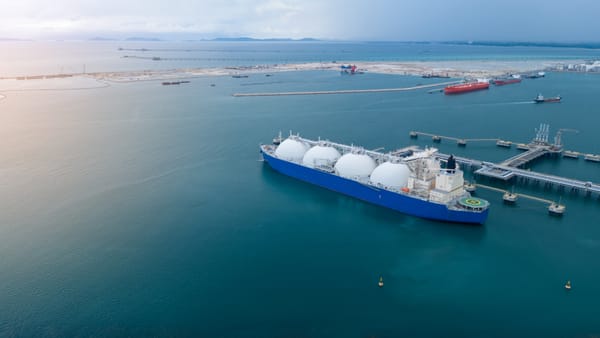
The Neptun Deep project is viewed as a pivotal opportunity for Romania's economy and energy independence.
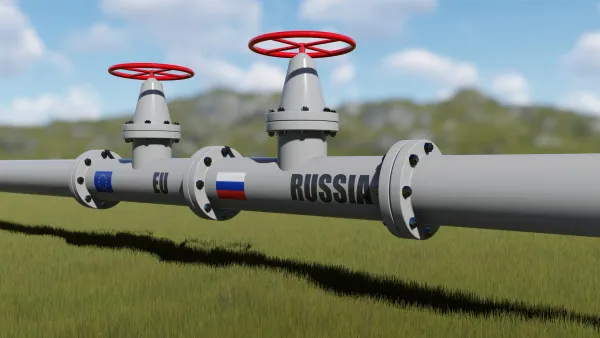
The Central and Eastern European oil market is entering a new era as a result of the US measures aimed at restricting Russian crude exports.
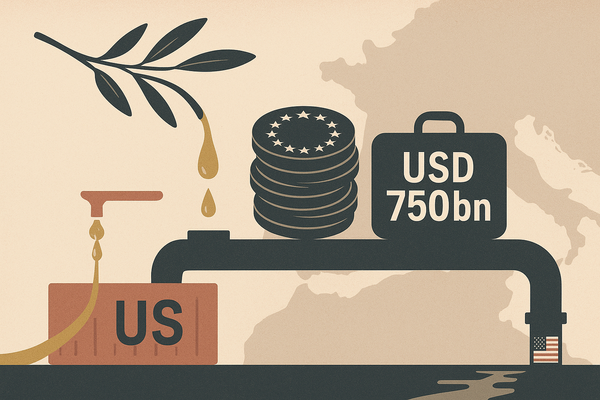
The World Bank forecasts regional growth of 3.1% in 2025, and finance ministries say cushioning the tariff shock will be essential to meeting that target. However, regional industry groups are warning of mounting pressure on Balkan economies.
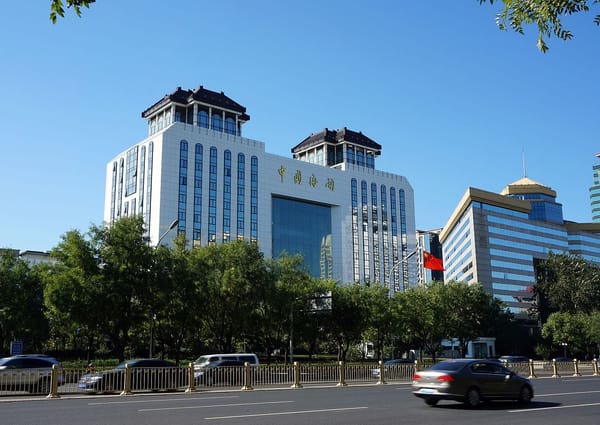
China's trade with Central and Eastern Europe (CEE) reached USD 142.3bn in 2024, marking a 6.3% year-on-year increase, surpassing China's overall foreign trade growth rate by 2.5 percentage points, according to China's General Administration of Customs. The total marked a 4.
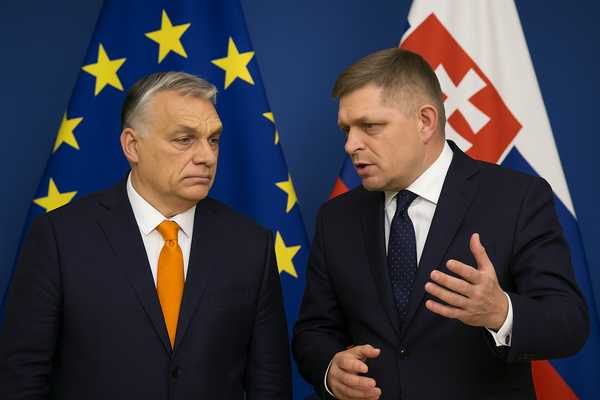
Hungary and Slovakia have emerged as the most vocal opponents of two of the EU’s most consequential reform proposals: plans to phase out Russian energy imports and to overhaul the bloc’s long-term budget to prioritise defence, climate and digital transition. EU mulls ban of new Russian energy contracts
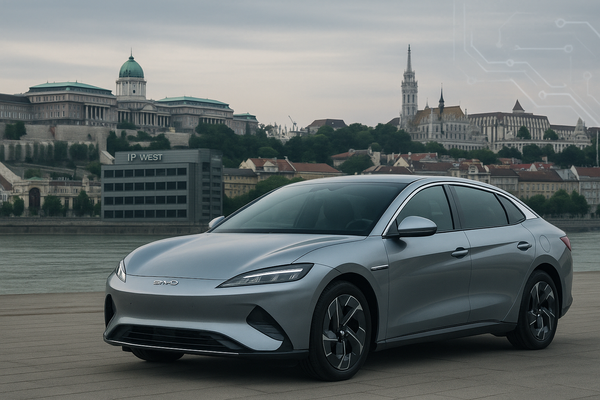
Chinese electric vehicle (EV) manufacturer BYD on 15 May signed an agreement with the Hungarian government to relocate its European headquarters to Budapest's 11th District, alongside two major research and development projects. The announcement marks the latest phase in BYD's European expansion. Hungary's government
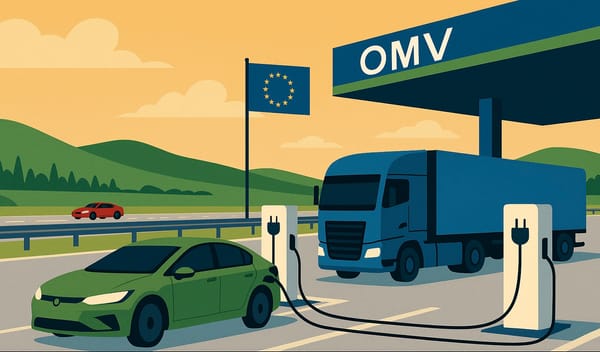
In a new step in the cleaner transport transition, OMV Petrom has inaugurated Romania's largest electric vehicle (EV) hub with 34 charging points of up to 400kW on the A1 motorway near Miercurea Sibiului, central Romania. The site is located on the Rhine-Danube Corridor - one of Romania’
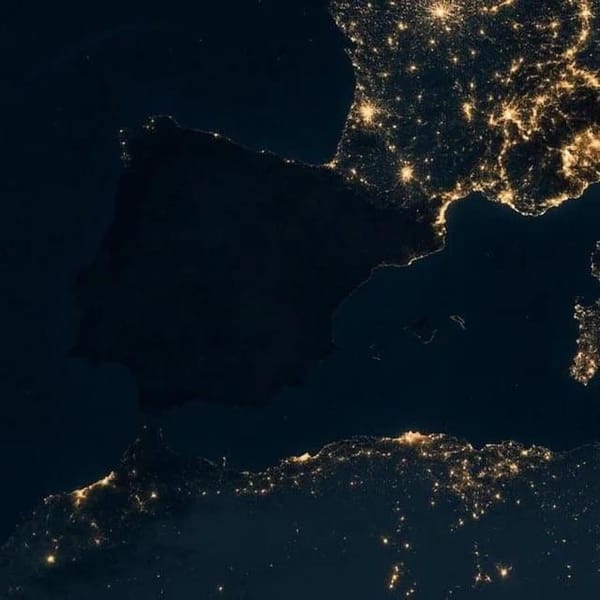
Hungary currently leads the world for share of solar energy in its energy mix, as it generated a quarter of its domestic electricity from photovoltaic panels in 2024. However, the recent massive blackout in Spain and Portugal served as a reminder of the challenges involved with high reliance on renewable